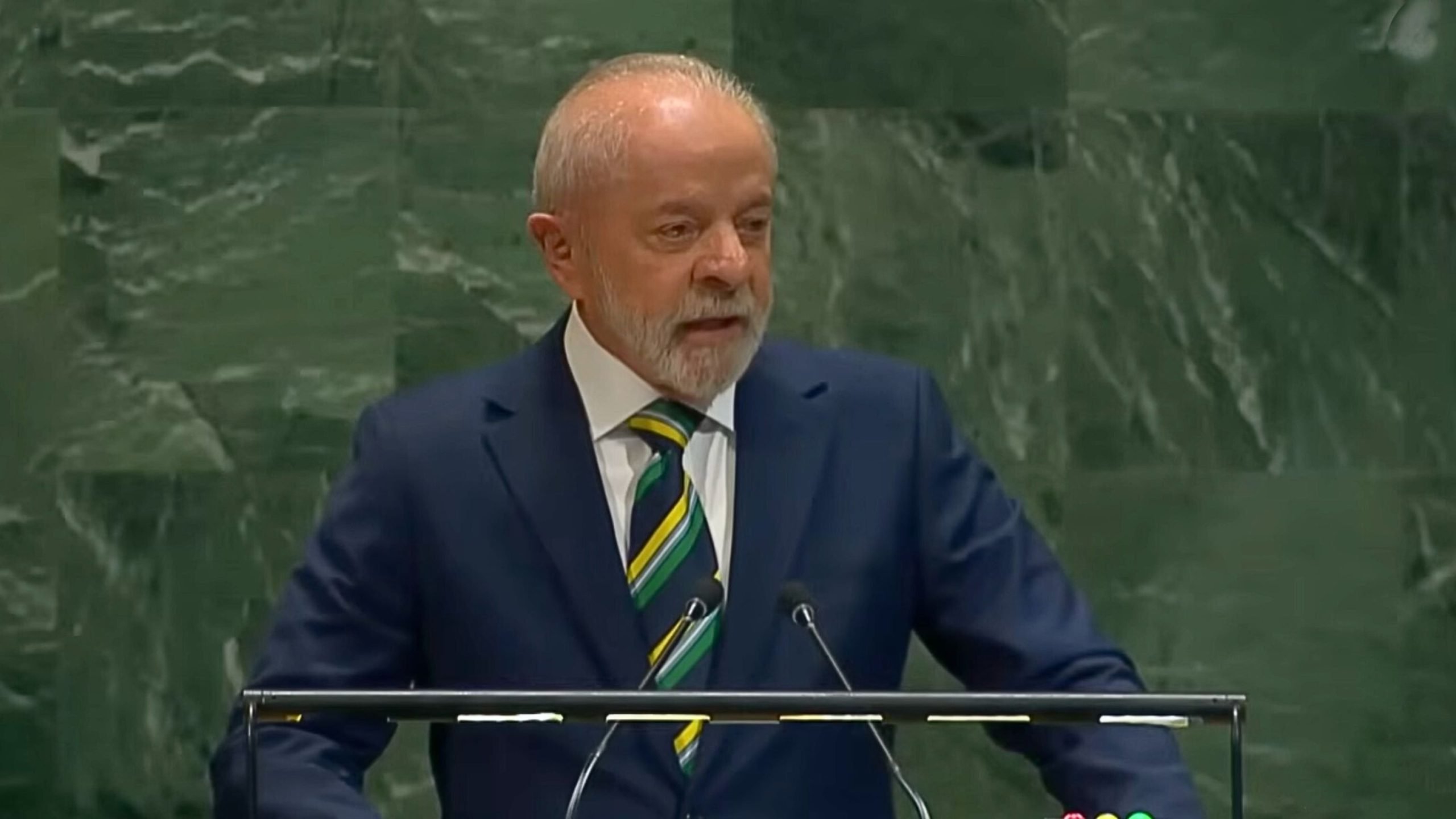Brazil’s government has unveiled what it calls the “Platform of Respect,” a project that critics of censorship say pushes the country further toward criminalizing dissent.
Promoted as a tool to combat “hate speech” and “disinformation,” the new system effectively establishes a mechanism for prosecuting anyone who challenges state-approved gender ideology.
The initiative, presented by the Ministry of Human Rights in partnership with the NGO Aliança Nacional LGBTI+, received R$300,000 (about $56,000) in funding through a parliamentary amendment from Erika Hilton, a politician identifying as transgender.
The basis is an artificial intelligence system named Aletheia, which, according to its website, is designed to “track the origin of disinformation, report its impact, and enable accountability for authors and disseminators.”
According to local reports, far from simply monitoring misinformation, Aletheia’s role extends to identifying citizens accused of “misgendering” public figures.
One example is Isabella Cêpa, a feminist activist who fled Brazil and received asylum in Europe after referring to Hilton as male.
For this statement, she faced potential imprisonment of up to 25 years following a complaint from Hilton himself. Cêpa was eventually vindicated.
Brazil’s Supreme Federal Court paved the way for such prosecutions in 2019 when it declared discrimination against LGBT individuals to be equivalent to “racism,” effectively making “transphobia” a criminal offense.
Since then, the law has been used to punish speech and ideas that contradict gender ideology, often with severe sentences.
During the launch event in Brasília on September 16, platform coordinator Jean Muksen detailed the system’s surveillance function. “We created a platform with several artificial intelligence tools that continuously monitor pages, profiles, websites, and blogs,” he said, noting that the software interprets language “nuances” such as irony and sarcasm.
Once flagged, content is stored and later reviewed by a lawyer hired by the NGO before being sent to the courts.
According to Gp1, the platform was built to serve as a hybrid fact-checking and enforcement tool, with legal and communications experts employed for 18 months to identify “problematic” online behavior.
Muksen confirmed that the system tracks members of Congress, state legislators, journalists, influencers, and news outlets alike.
The NGO’s permanent team, consisting of a coordinator, lawyer, journalist, and designer, operates the system at an annual maintenance cost of R$140,000 ($26,000), paid with public funds.
The implications for speech are vast. Any online statement contradicting the notion that “gender identity” overrides biological sex could now be catalogued and sent for prosecution.
Such prosecutions reveal how far speech control has advanced under the banner of tolerance. By merging artificial intelligence with ideological policing, Brazil has constructed a system capable of turning thought into a legal liability.










